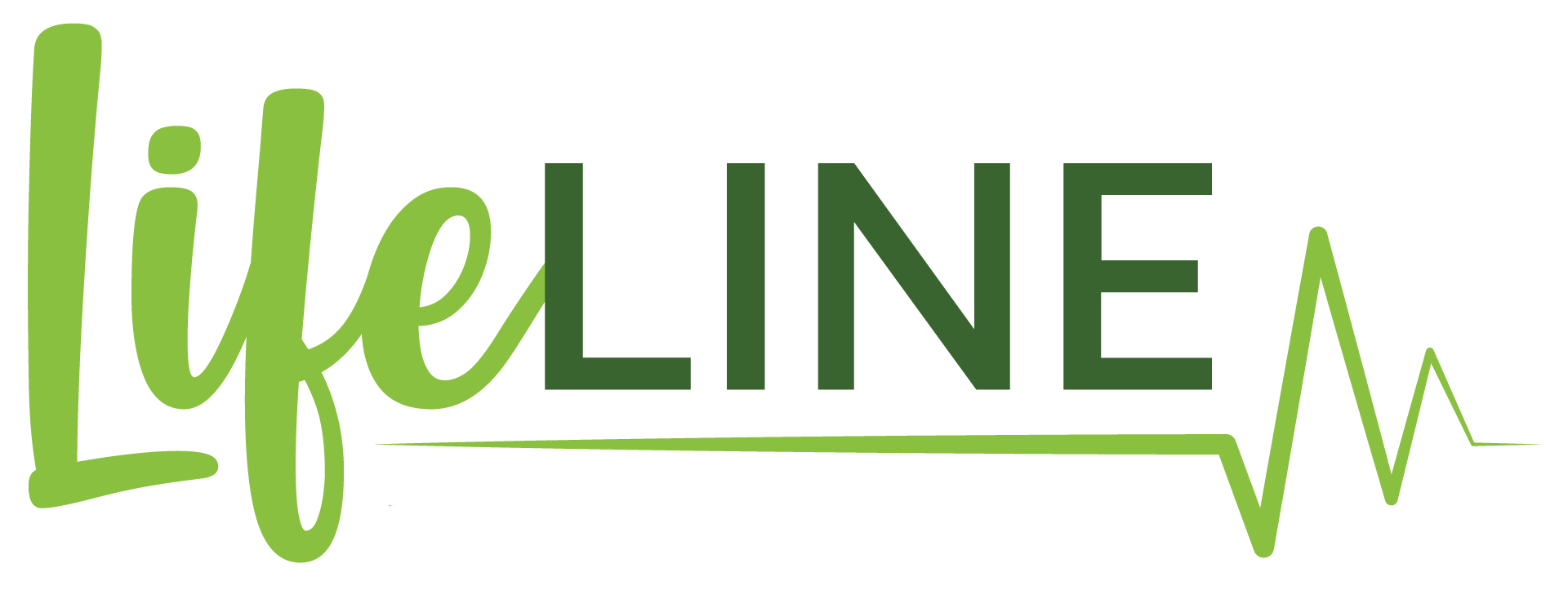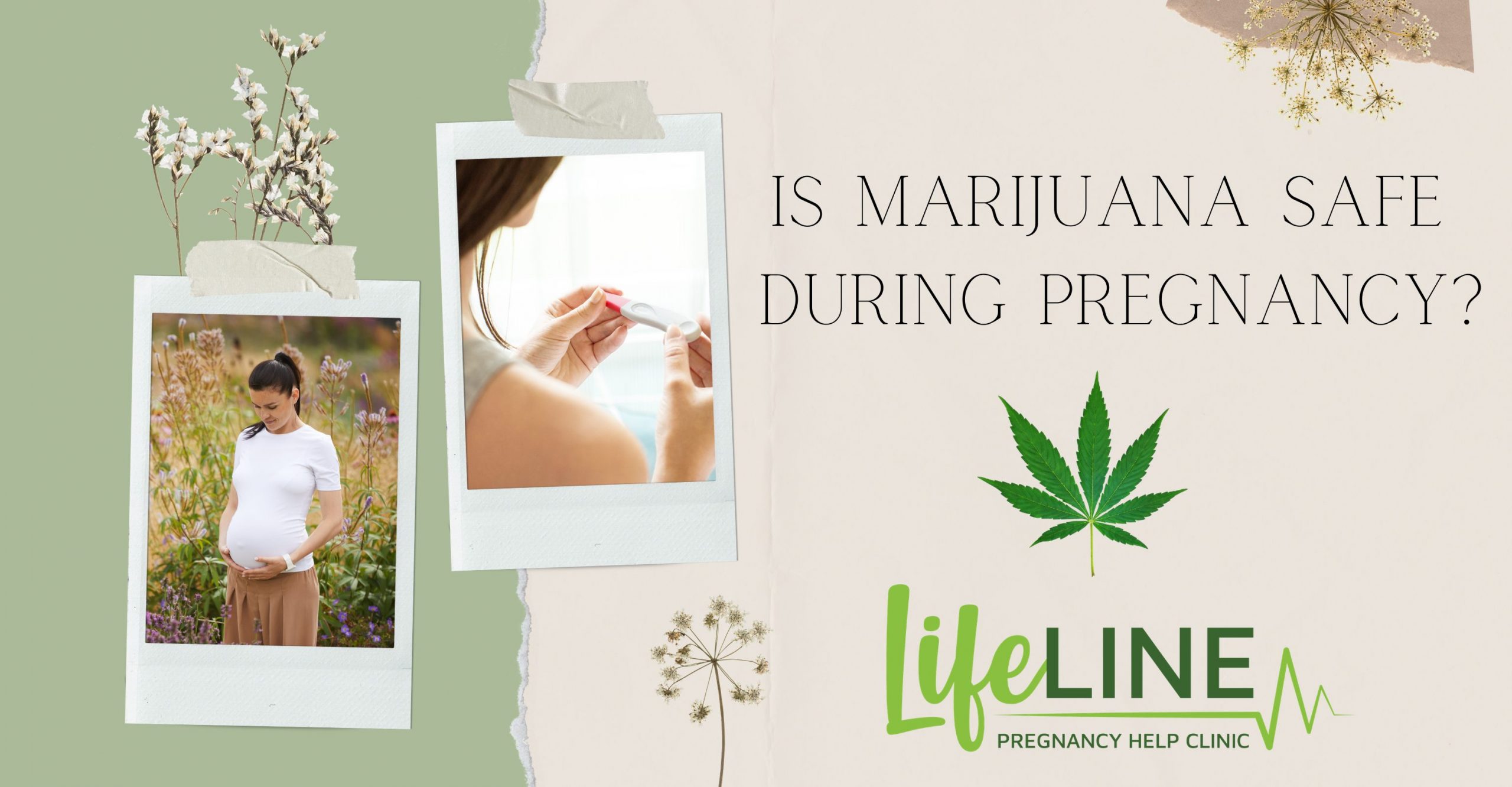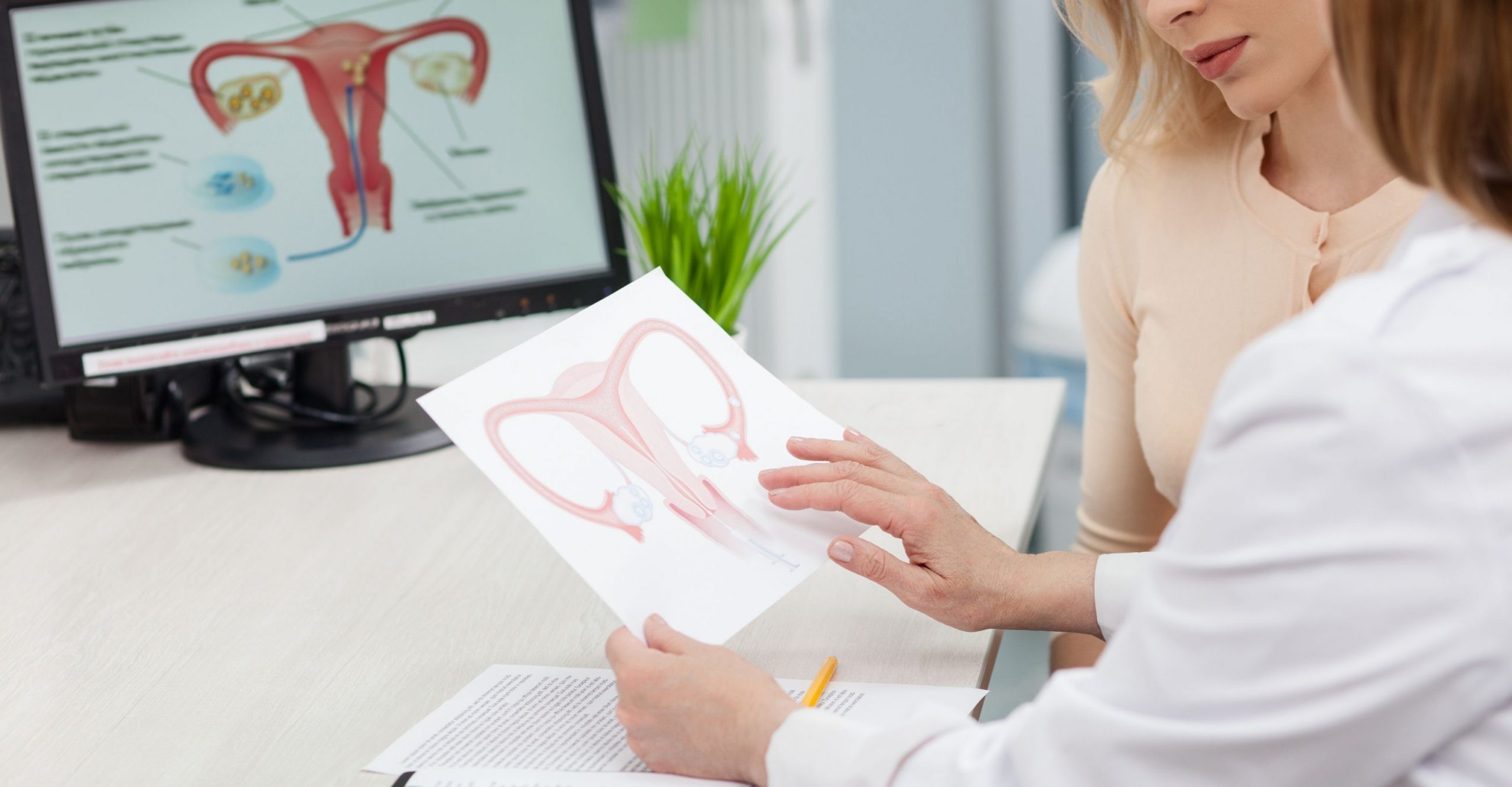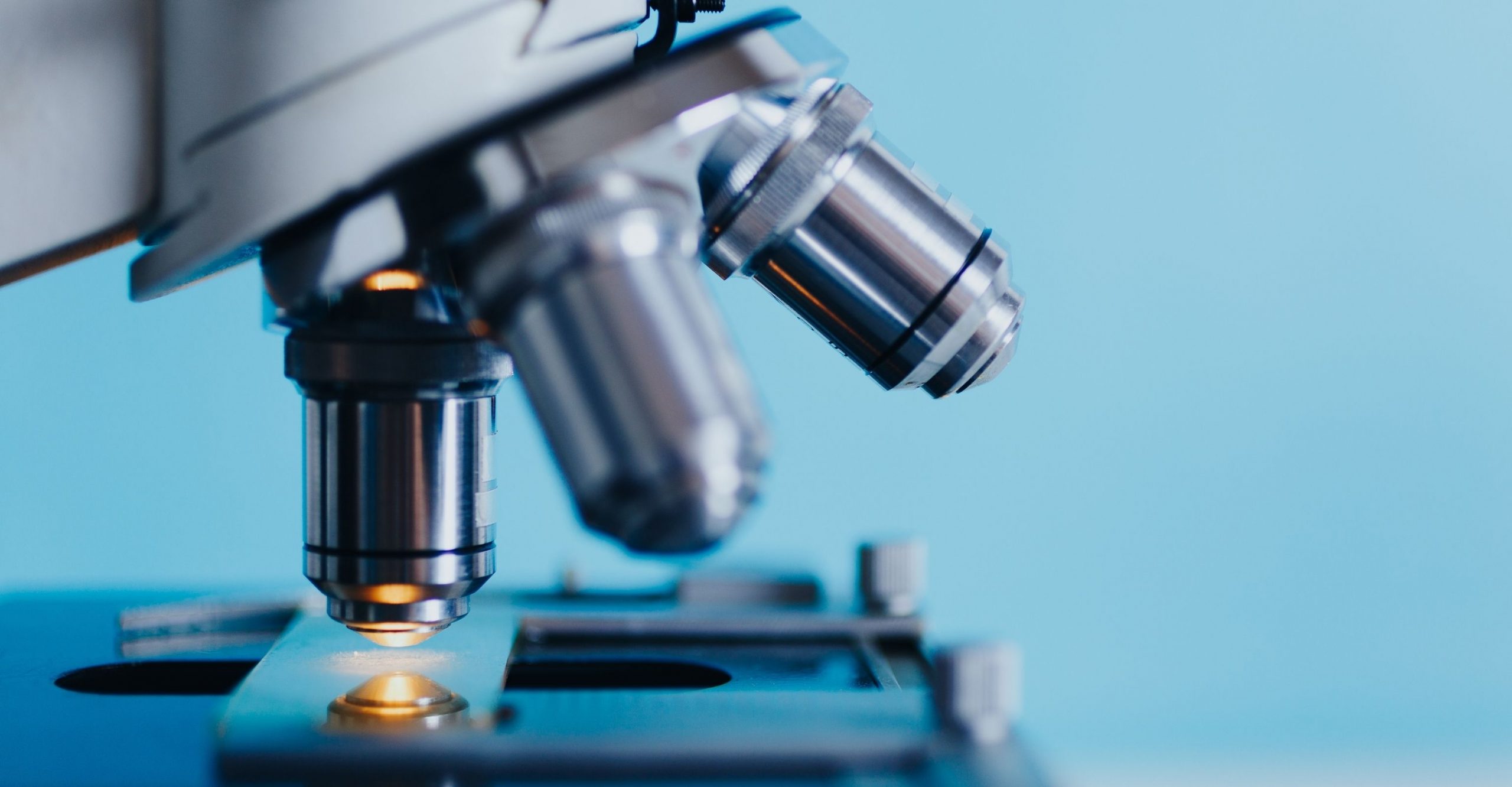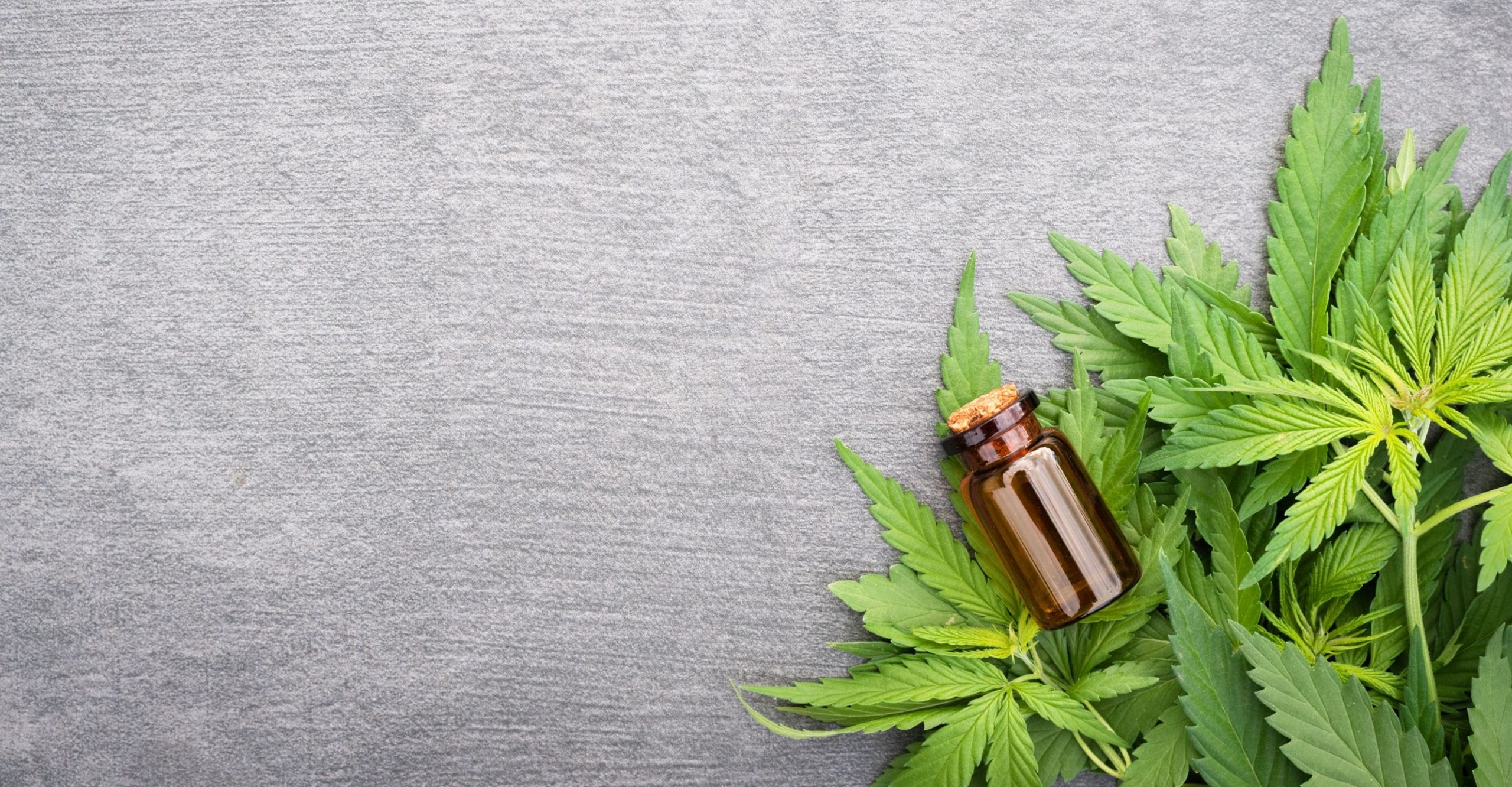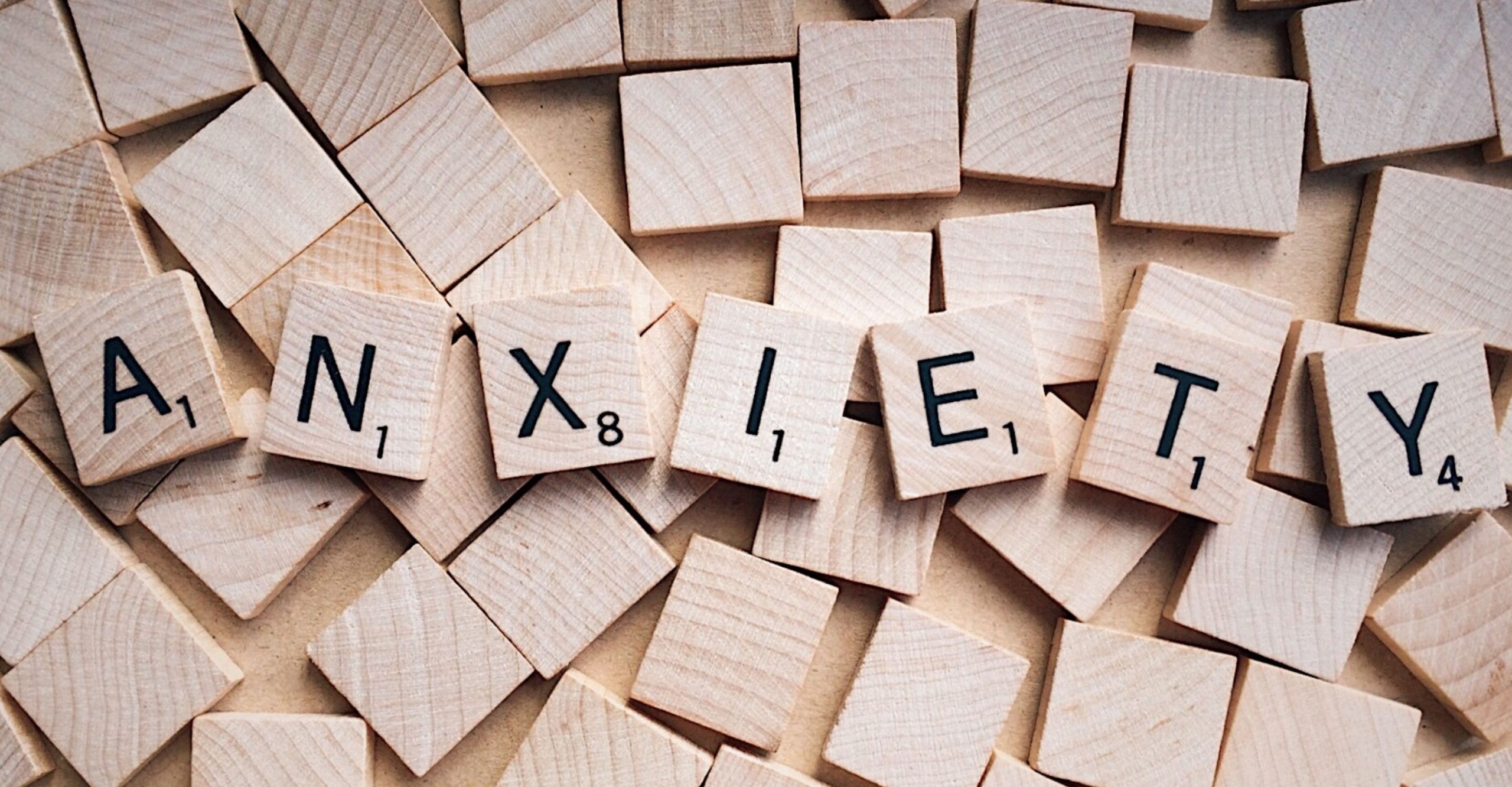Is Marijuana Safe During Pregnancy?
Marijuana, cannabis, pot, weed… These terms all refer to the same flowering plant used for both its medicinal and recreational properties. The current Missouri law says that marijuana use is legal for patients with certain health conditions, but recreational use is not allowed. Nonetheless, the use of marijuana has been increasing widely in the United States in recent years, as more and more states have legalized its consumption. In fact, marijuana use in pregnancy is not uncommon. According to the CDC, 1 in 20 women reports using it while pregnant. But is marijuana safe during pregnancy? At Lifeline, we want you to have all the information you need in order to make the best decisions for you and your baby to thrive and be healthy.
What the experts say:
The American College of Obstetricians and Gynecologists (ACOG), the Center for Disease Control (CDC), and the Food and Drug Administration (FDA) all recommend avoiding marijuana use during pregnancy and breastfeeding because of the potential harm to the mother and her baby.
“Because all of the possible harms are not fully known, the American College of Obstetricians and Gynecologists (ACOG) recommends that women who are pregnant, planning to get pregnant, or breastfeeding not use marijuana.” (ACOG)
“Although more research is needed to better understand how marijuana may affect you and your baby during pregnancy, it is recommended that pregnant women do not use marijuana.” (CDC)
“FDA strongly advises against the use of cannabidiol (CBD), tetrahydrocannabinol (THC), and marijuana in any form during pregnancy or while breastfeeding.” (FDA)
So what does the research show?
Marijuana contains a compound called cannabinoid, but did you know that our bodies produced their own? Our natural cannabinoids are called endocannabinoids (“endo” means within), however, they are different from the ones found in the plant. Endocannabinoids are neurotransmitters that bind to receptors in our brains and play an important role in many of our body systems, including our:
- Central nervous system (which is our brain and spinal cord)
- Cardiovascular system
- Gastrointestinal system
- Reproductive system
- Skeletal system
- Immune system
- Metabolic system
As such, these “marijuana-like” substances help in regulating our memory and learning, our stress response, our pain sensation, our mood, sleep, inflammation, and more.
Needless to say, our natural endocannabinoids are definitely needed, both in adults and in the developing baby. So why are the cannabinoids contained in marijuana (called exocannabinoids, since “exo” means outside) bad? The problem is that when someone consumes marijuana in any form or shape (cigarettes, edibles, oils…), these foreign compounds found in the plant may bind to our receptors, leaving no room for our natural endocannabinoid to do their job. This results in the disruption of our body’s natural processes and in negative health outcomes.
For instance, recent research has shown that marijuana may interfere with:
- Folic acid absorption: this results in improper neural tube development and possibly, miscarriage. Folic acid is a B9 vitamin that is essential during pregnancy and each pregnant woman is advised to take it in the form of supplements (400 mcg per day).
- Cellular growth: including the formation of new blood vessels and the ability of the DNA to replicate.
In addition, it can cross the placenta and get into the baby’s bloodstream.
-
How marijuana affects the developing baby
In the developing baby, these effects may cause:
- Low birth weight and early delivery (before 37 weeks of gestation), which both have their sets of associated health issues
- Developmental delays
- Learning disabilities
In fact, a 2020 study published in the renowned journal Nature found that the children whose mothers consume marijuana during pregnancy may be 1.5 more likely to develop autism spectrum disorder. This disorder can impair normal social and communication skills, as well as behavior in general. Another, new study from the same year points out that prenatal exposure to marijuana may lead to the development of ADHD (attention deficit disorder) and affective issues.
Finally, researchers suggest that although the effects on development may not be visible right away, they may be noticed “later in life, beyond the infant developmental stage.”
-
How marijuana affects the mother
Marijuana doesn’t only present risks for the baby. In the woman (pregnant or not), it may cause:
- Anemia (a deficiency in red blood cells, with fatigue as its primary symptom)
- Increased anxiety
- Depressive behavior and thoughts of suicide
- Ectopic pregnancy (the embryo implants outside of the uterus, such as in the fallopian tubes, which results in a non-viable pregnancy and potentially serious complications) due to the disruption in the natural endocannabinoid pathways
- Permanent lung injury from smoking marijuana
- Dizziness, impaired judgement and dangerous falls
- Breathing issues
What about CBD?
But what about cannabidiol, also called CBD? It doesn’t produce a “high” sensation like THC (tetrahydrocannabinol). Therefore, it might be safer? Although CBD has different effects on someone’s psyche and is sometimes touted as a “natural” remedy for anxiety, CBD is not safer when it comes to the health of the mother and her baby. In fact, CBD interferes with our natural endocannabinoid system as well. For this reason, experts recommend to avoid either form of marijuana, and to try other, healthier treatment options instead.
Healthier options exist:
“Morning” sickness is no joke, and it becomes even less tolerable when it turns into hyperemesis gravidarum (extreme, persistent nausea and vomiting during pregnancy). We understand that someone might be tempted to try marijuana to alleviate those symptoms, thinking that since it’s a plant, it must be safer than pharmaceuticals. But doctors and researchers agree that there are healthier alternatives out there.
If you experience morning sickness a lot, consider asking your doctor about over-the-counter or prescription medicines. Even prescription medicines for morning sickness are safer than marijuana, and their effects, risks and benefits have been extensively tested. In addition, try to eat smaller portions multiple times a day, drink plenty of fluid, and breathe some fresh air.
But what about anxiety and depression? Some people claim that marijuana helps lift their mood and feel calmer in general.
Here again, consider alternative treatments that are proved to be safe. It is possible to take antidepressants, such as SSRIs, during pregnancy. Talk therapy and counseling might be good options as well, including if you need help with stopping an addiction to marijuana. Certain insurance plans offer a few therapy sessions at no cost, and the following sessions are covered almost in full. Don’t hesitate to ask.
Lifeline also offers no-cost counseling sessions with a licensed counselor. If you are interested, contact us by calling (660) 665-5688 or by texting us at (660) 207-5866. Your safety and your wellbeing is very important to us, and we provide support completely free of judgement. You are not alone!
This post has been reviewed by Lifeline’s medical team.
Sources:
https://www.cdc.gov/marijuana/factsheets/pregnancy.htm
https://www.acog.org/womens-health/infographics/marijuana-and-pregnancy/
https://womensmentalhealth.org/posts/effects-marijuana-embryo-development/
https://bmcpharmacoltoxicol.biomedcentral.com/articles/10.1186/s40360-016-0085-6
https://www.nature.com/articles/s41591-020-1002-5
https://reproductive-health-journal.biomedcentral.com/articles/10.1186/s12978-020-0880-9
https://www.psychiatrictimes.com/view/talking-pregnant-patients-about-cannabis-use
https://www.healthline.com/health/cbd-vs-thc
https://www.mayoclinic.org/diseases-conditions/morning-sickness/diagnosis-treatment/drc-20375260
